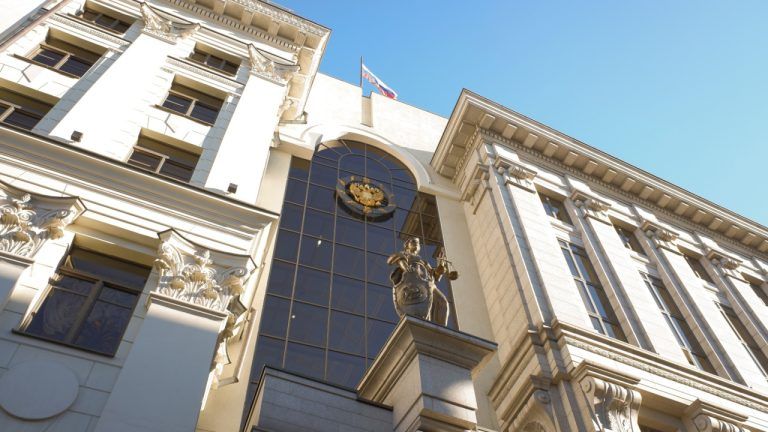 Russia’s Supreme Court is pushing to classify cryptocurrency as property in penal cases, aiming to strengthen law enforcement’s ability to track, freeze, and confiscate illicit digital assets. Russia’s Supreme Court Advances Crypto Legalization Efforts Russia’s Supreme Court has taken an increasingly active role in defining the legal status of cryptocurrency, with its latest efforts focusing […]
Russia’s Supreme Court is pushing to classify cryptocurrency as property in penal cases, aiming to strengthen law enforcement’s ability to track, freeze, and confiscate illicit digital assets. Russia’s Supreme Court Advances Crypto Legalization Efforts Russia’s Supreme Court has taken an increasingly active role in defining the legal status of cryptocurrency, with its latest efforts focusing […]
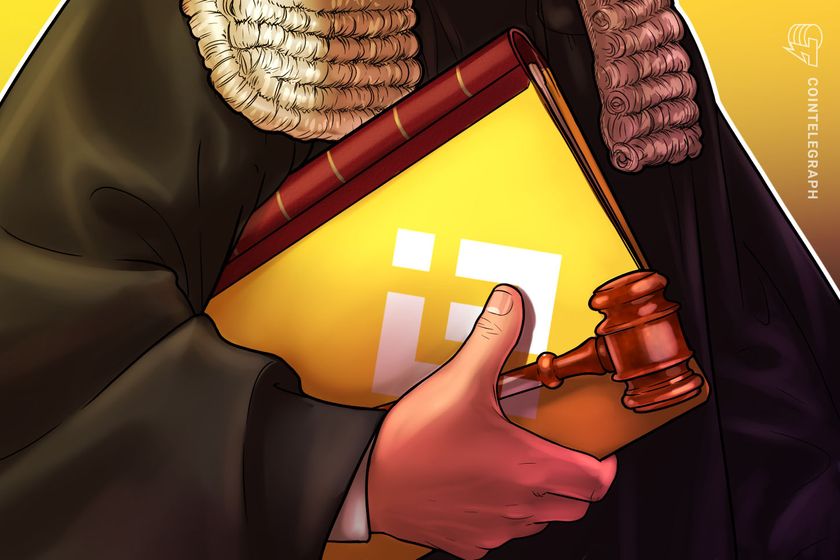
The Supreme Court has denied a petition to review a lower court decision that securities laws applied to Binance.
The US Supreme Court has declined to hear an appeal from crypto exchange Binance and its founder, Changpeng “CZ” Zhao, regarding a class-action lawsuit by investors who alleged the exchange illegally sold unregistered tokens that lost significant value.
On Jan. 13, the Supreme Court of the United States denied a petition to review a lower court ruling that US securities laws applied to the crypto exchange, even though it doesn’t have a physical headquarters in America.
In March, a lower court ruled the case could proceed because token purchases were finalized in the US and transactions took place on US servers, despite Binance not being an American company.

Nvidia has lost a Supreme Court challenge to try stop an investor-led lawsuit that says it understated its GPU sales to crypto miners.
Nvidia will have to face a class-action suit alleging it misled investors about the volume of sales to crypto miners after the United States Supreme Court dismissed the chip maker’s appeal to throw it out.
The justices issued a single-line order dismissing Nvdia’s appeal on Dec. 11, providing no explanation. It now reinstates an appellate court’s decision that revived the suit, which a California district court initially dismissed in March 2021.
Nvidia was looking to overturn the Ninth Circuit appeals court ruling from last August that revived a 2018 suit from a group of Nvidia shareholders claiming the firm hid over $1 billion in GPU sales made to crypto miners and that CEO Jensen Huang downplayed the volume of sales to the industry.
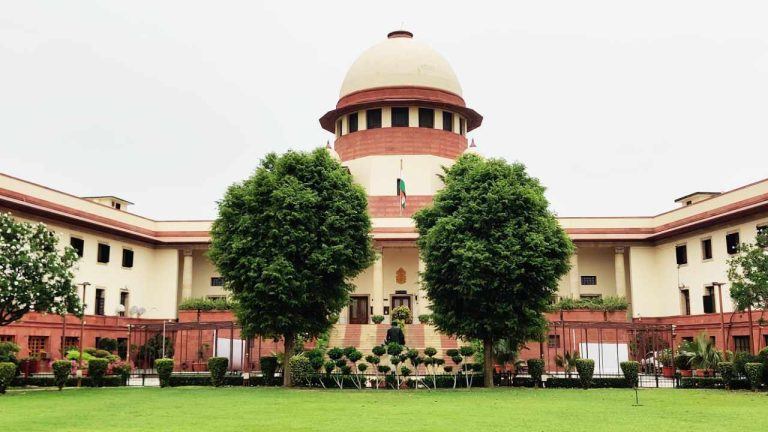 The Youtube channel of India’s Supreme Court was compromised, promoting a scam involving XRP cryptocurrency instead of its usual live hearings. The breach temporarily shut down the channel, but services resumed later that day. Ripple CEO Brad Garlinghouse responded, condemning the exploitation of crypto users. XRP Scam Promoted on Supreme Court of India’s Youtube Channel […]
The Youtube channel of India’s Supreme Court was compromised, promoting a scam involving XRP cryptocurrency instead of its usual live hearings. The breach temporarily shut down the channel, but services resumed later that day. Ripple CEO Brad Garlinghouse responded, condemning the exploitation of crypto users. XRP Scam Promoted on Supreme Court of India’s Youtube Channel […]

The Supreme Court ended the Chevron doctrine in June — significantly undermining the Securities and Exchange Commission's ability to stand athwart crypto.
What do fishing boats, truck stops, and the Securities and Exchange Commission (SEC) have to do with each other? Quite a bit if you have been following recent decisions from the Supreme Court of the United States (SCOTUS).
In what is shaping up to be a watershed moment for the federal government’s power to regulate tech startups, SCOTUS handed down a June 28 decision — Loper Bright Enterprises v. Raimondo — that created two new ways to challenge federal agencies that have tried to expand their reach to crypto.
For years, crypto startups have been struggling to get out of a regulatory gray area. Agencies such as the Securities and Exchange Commission (SEC), the Commodity Futures Trading Commission (CFTC), and the Treasury Department have all undertaken efforts to extend their reach into this rapidly evolving industry. Most startups face a barrage of compliance challenges, and crypto has perhaps faced the most.
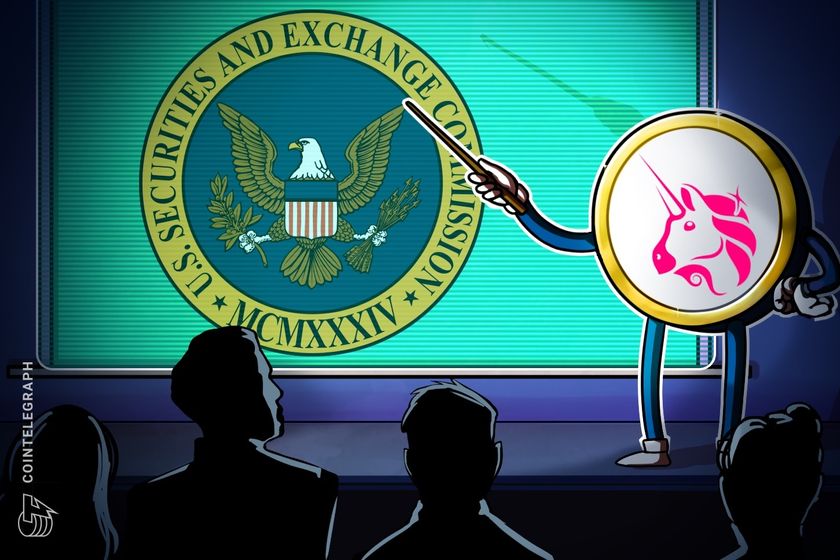
Uniswap Labs argues the SEC’s proposed legal amendments to give it power over DeFi are being made against “a legal backdrop that no longer exists.”
Uniswap Labs, the developer behind the Uniswap decentralized exchange, has again pressed the US Securities and Exchange Commission to drop its proposal to rule over decentralized finance (DeFi), citing a recent landmark Supreme Court decision.
Since at least April 2023, the SEC has proposed expanding the definition of what qualifies as an exchange in the Exchange Act of 1934 — explicitly arguing that it should include crypto market participants in DeFi.
Uniswap has been among those arguing against it. In a July 9 letter, Uniswap added further arguments following a comment letter it sent last month, calling for the SEC to drop its proposed amendments.
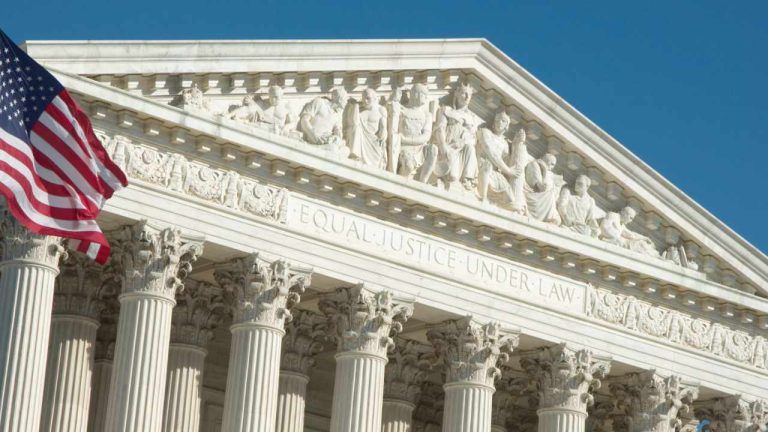 The U.S. Supreme Court has struck down Chevron deference, a doctrine that allowed federal agencies broad discretion in interpreting ambiguous statutes. This decision is seen as a pivotal shift towards greater regulatory clarity and judicial oversight, especially impacting the digital assets sector. Supreme Court Overturns Chevron Deference, Paving Way for Regulatory Clarity in Digital Assets […]
The U.S. Supreme Court has struck down Chevron deference, a doctrine that allowed federal agencies broad discretion in interpreting ambiguous statutes. This decision is seen as a pivotal shift towards greater regulatory clarity and judicial oversight, especially impacting the digital assets sector. Supreme Court Overturns Chevron Deference, Paving Way for Regulatory Clarity in Digital Assets […] The U.S. Supreme Court has agreed to hear Nvidia’s appeal to dismiss a securities fraud lawsuit accusing the company of misleading investors about its sales to the cryptocurrency industry. Nvidia’s appeal follows a lower court’s decision to revive a class-action lawsuit. The suit alleges that Nvidia and its CEO, Jensen Huang, downplayed the impact of […]
The U.S. Supreme Court has agreed to hear Nvidia’s appeal to dismiss a securities fraud lawsuit accusing the company of misleading investors about its sales to the cryptocurrency industry. Nvidia’s appeal follows a lower court’s decision to revive a class-action lawsuit. The suit alleges that Nvidia and its CEO, Jensen Huang, downplayed the impact of […]
The Supreme Court of the United States is ruling against crypto exchange Coinbase in the Dogecoin (DOGE) sweepstakes dispute. According to new legal documents obtained by Cornell Law, the Supreme Court unanimously ruled that the conflict between Coinbase’s sweepstakes contract and user agreement must be determined through the court system. As stated by Justice Ketanji […]
The post US Supreme Court Rules Against Coinbase in Dogecoin Sweepstakes Dispute appeared first on The Daily Hodl.

Despite Bukele’s popularity, some critics argue he isn’t eligible to be re-elected under El Salvador’s constitution.
El Salvador president Nayib Bukele has filed paperwork to be re-elected in the country’s upcoming 2024 presidential election in February.
Bukele, a Bitcoin advocate, received strong support from the public on Oct. 26 after he was officially nominated by his party to run for re-election.
“Five more [years], five more and not one step back,” Bukele said in a speech in front of thousands of El Salvadorans. “We need five years to continue improving our country,” he added.
| ÚLTIMA HORA: Al grito de “cinco más, cinco más y ni un paso atrás” Nayib Bukele da su discurso delante de miles de Salvadoreños luego de inscribir su candidatura presidencial para la reelección. “Necesitamos 5 años para seguir mejorando nuestro país.” pic.twitter.com/ApaP8yyQBm
— Eduardo Menoni (@eduardomenoni) October 27, 2023
Bukele rose to power in 2019 when his political party, Neuva (New) Ideas, broke three decades of two-party dominance between the Nationalist Republican Alliance and the Farabundo Martí National Liberation Front (FMNLB).
However, despite his popularity among the local population, critics such as El Salvadoran lawyer Alfonso Fajardo maintain that the country’s constitution prohibits Bukele isn’t eligible to seek a second consecutive term.
“Today is a good day to remember that immediate presidential re-election is prohibited up to 7 times by the Constitution,” he said on Oct. 26.
Nayib Bukele is running for reelection in El Salvador despite the fact that it’s prohibited in 7 articles of the constitution. The constitution drafted after our peace accords, after our bloody civil war. This is unconstitutional. https://t.co/ordgib7WMq
— Daniel Alvarenga (@puchicadanny) October 27, 2023
However, in September 2021, El Salvador’s Supreme Court ruled that presidents can run for consecutive elections.
New Ideas is backed by 70% of the country’s voting population, according to Reuters, which cited a study by an El Salvadoran university. Its closest competitor only received 4% of the total votes.
One of New Ideas’ competitors, FMNLB, filed a lawsuit in June 2021 claiming Bukele’s Bitcoin adoption program is unconstitutional. However, that complaint made little ground as Bukele and El Salvador made Bitcoin legal tender three months later September 2021.
The Bukele government has also implemented other tech-friendly policies aimed at strengthening the country’s economy, such as eliminating all taxes on technological innovations.
Gabor Gurbacs, a VanEck strategy advisor, recently said that El Salvador has the potential to become the “Singapore of the Americas.”
Related: El Salvador launches first Bitcoin mining pool as Volcano Energy partners with Luxor
Much of Bukele’s popularity comes from his heavy-handed crackdown against MS-13, a multi-national gang which contributed towards El Salvador recording the highest homicide rates in the world six years ago.
As a result of the crackdown, El Salvador's homicide rate has fallen a staggering 92.6% from its peak of 106 per 100,000 inhabitants in 2015 to 7.8 in 2022. It now boasts one of the lowest crime rates in Latin America.
However, the United Nations and other critics argue El Salvador breached human rights laws by imprisoning 65,000 without affording them legal rights to defend themselves.
El Salvador’s presidential election will take place on Feb. 4, 2024.
Magazine: What it’s actually like to use Bitcoin in El Salvador